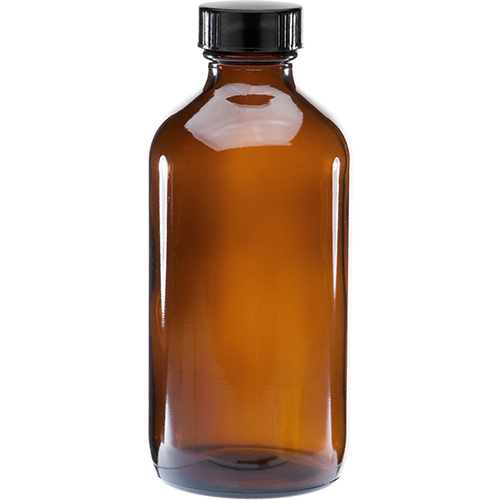
Glycolic Acid Peel
Formulation: Glycolic acid 20%-50%
Peel for treating acne and other skin conditions.
Description
Of all the chemical peel ingredients categorized as alpha-hydroxy acids, glycolic acid has the smallest molecular weight. It easily penetrates the skin which makes it an excellent chemical peel agent. Glycolic acid has been demonstrated to be effective at treating acne, acne scars, melasma, post-inflammatory hyperpigmentation, photoaging, and seborrhea.
What is Glycolic Acid?
Glycolic acid is an alpha hydroxy acid that is often derived from sugarcane. It is extremely hydrophilic and easily penetrates the skin. Glycolic acid targets the corneosome by enhancing breakdown and decreasing cohesiveness. This results in desquamation – when the outer layers of skin start to peel and new skin cells grow to replace it. Basically glycolic acid gets rid of dead and damaged skin cells so that new, healthy skin can grow in its place.
The superficiality or depth of a peel is determined by the concentration (strength), the time that the peel is left on the skin, the amount of peel solution used, and the vehicle used to carry the peel. An alpha hydroxy peel like glycolic acid can be neutralized with water or basic solutions. There is no systemic toxicity with a glycolic acid peel and any side effects are localized to the skin where treatment occurs. A series of 4-8 peels are usually required to get the best results.
What Conditions Do Glycolic Acid Peels Treat?
Acne
Glycolic acid peels have been successfully used to treat acne. Studies have shown they can effectively reduce comedones, papules, and pustules as well as improve skin texture. Multiple treatments are usually required, especially for improving acne scars and lesions. These sessions are given with a space between them of several weeks in order to allow time for the skin to heal.
Melasma
Similar to acne treatment, glycolic peels can be combined with the use of topical creams to effectively treat melasma. Improvement in Melasma Area Severity Index (MASI) scores have been observed in as high as 90% of patients in some studies where glycolic acid peels were used.
Post-inflammatory Hyperpigmentation
Post-inflammatory hyperpigmentation is common after moderate to severe acne breakouts. Once the acne is under control, there is often discoloration in the skin where the pigment has been permanently affected. Trials in patients with Fitzpatrick skin types IV, V, or VI showed that glycolic acid peels were superior to topical like tretinoin in treating post-inflammatory hyperpigmentation. These skin types are often harder to treat as some topicals can cause unwanted pigmentation changes. A series of peels was shown to be necessary to get the best results.
Sunscreen Use after Treatment
After having a glycolic acid chemical peel, wearing sunscreen is essential to protect the skin from sun damage. While wearing sunscreen is important for anyone looking to protect their skin from premature aging, it is especially important for people with skin conditions like acne and melasma. A broad spectrum SPF 30+ sunscreen, along with sun protection like a broad-brimmed hat, is essential to protect the skin.
Side Effects
Glycolic peels are well tolerated when used correctly. One contraindication is taking oral isotretinoin – any patient taking this drug should not have a chemical peel until they are off of the medication and their doctor approves it. The effects on the skin can last for months after ceasing taking it so it is important to confirm with your doctor if a chemical peel is right for you. If you have a sunburn, skin infection, or open wound on the treatment area you should postpone getting a chemical peel.
Articles
Glycolic acid peel therapy – a current review – Clinical, Cosmetic, and Investigative Dermatology
Alpha-hydroxy acid-based cosmetic procedures. Guidelines for patient management – American journal of clinical dermatology
Glycolic acid peels for postinflammatory hyperpigmentation in black patients. A comparative study – Dermatologic Surgery
Order Glycolic Acid Peel
Question about glycolic acid peel? Reach out to us today:
